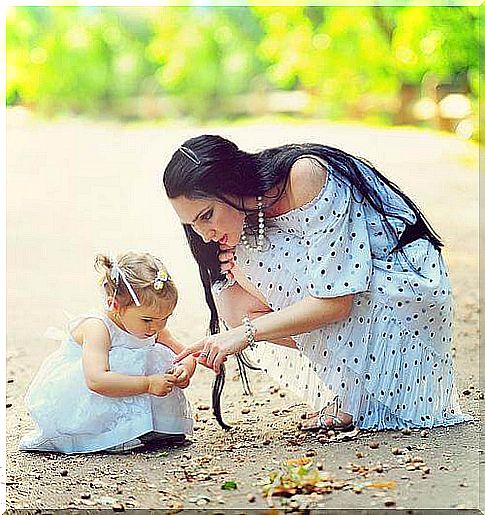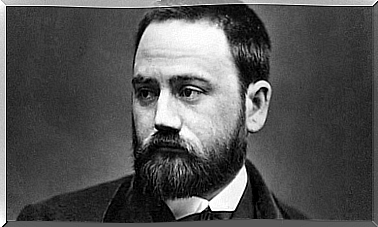The Children Are Not Photocopies Of The Parents

Children are – and at the same time they are not – an extension of their parents. They are in the sense that they inherit its physical and psychological traits; they are not in the sense that the whole is not equal to the sum of the parts, therefore each individual is a unique combination that must be honored and respected.
Unfortunately, this distinction is not always so clear, and some parents see their children as a mirror in which they want to see themselves reflected in the same way. The result? Frustration for both of us.
Observe them and listen to them
The ideal is to start when the child is born, you have to see him as a unique being with his own identity, worthy of being accepted unconditionally. Using this form of thinking, it is very important to observe what his natural inclinations are.
Does he like to draw? Expose him to experiences that stimulate this talent, such as buying him books and drawing material, taking him to art exhibitions suitable for his age, enrolling him in drawing lessons, …
It is also important that you dialogue with your children to help them discover the best ways to channel their talents and concerns. Finally, recognizing and praising their skills and achievements is an excellent incentive to make their precious natural gifts flourish.
Unfulfilled dreams
Right from the start, you have to be careful not to project your unfulfilled desires onto your children. For example, there are parents who have a frustrated dream of becoming famous artists, and want to fulfill it through their child. They then force him to daily lessons of acting, music and dance, making him do auditions and other things, without this matching his son’s interests, skills and vocation.
However, the course of nature cannot be changed forever, sooner or later the disposition comes out and rebels. This rebellion can occur in various forms, from anxiety problems or poor school performance, to drug abuse, suffering from depression and suicide in the most severe cases.
The truth is that there is no need to make your child suffer so much… Just let him be what he wants to be, even though it doesn’t coincide with what you dreamed of for you. Instead, try to channel your dreams: history is full of examples of people who made them and are making them come true at any age.
Annoying comparisons
“She has the same temper as her grandfather” or “she is identical to me: she is not familiar with numbers” are examples of common expressions that can limit the expectations that children have of themselves. And, although there are obvious similarities within the family, it is worth making an effort to highlight what the child does as if it were something unique and unrepeatable. In this way you will develop his maximum potential, without making him feel unnecessarily suffocated by models extraneous to his person.
While it may seem like a hackneyed phrase to you, it must be remembered that children are not objects owned by their parents, but a privilege that is temporarily granted to guide them to fulfill their unique mission in this world. For this reason, as if we were opening a small box of surprises, we let each of their talents evolve, trusting them and allowing them to create their own personal journey …
Image courtesy of Edgar Barany









